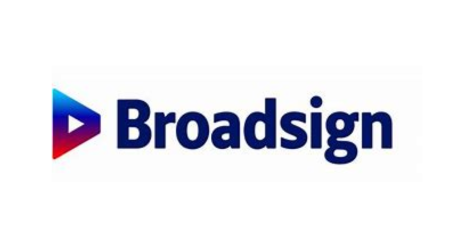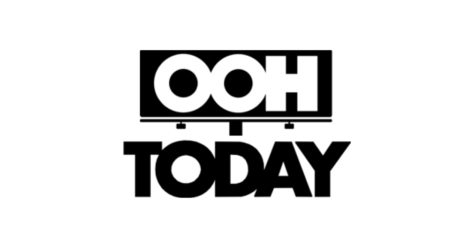Coupons.com Shares Nearly Double in Debut
The Coupon-Providing Website Valued at About $2.2 Billion
By TELIS DEMOS
Updated March 7, 2014 5:55 p.m. ET
Steven Boal started Coupons.com Inc. in 1998 but didn’t take it public during the dot-com frenzy. Sixteen years later, amid the hottest market for IPOs since the dot-com days by some measures, the digital discount distributor is finally stepping out.
On its first day of trading Friday, the Mountain View, Calif.-based company’s shares jumped 88% to $30, nearly doubling their $16 initial price.
The IPO raised $168 million for the company, and after the first-day “pop,” Coupons.com has a stock-market value of about $2.2 billion.
Coupons.com is no longer just a dot-com. It has tapped into a surge in investor demand for “enterprise software” companies. Coupon.com’s software is sold to retailers and manufacturers of consumer goods, which use it to distribute coupons through the Web, mobile devices and social media.
Mr. Boal, who once worked in derivatives-trading technology at J.P. Morgan Chase & Co., co-founded Coupons.com with his wife and another business partner. Their first big expense was $1.3 million, plus some of the equity in the company, to buy the Coupons.com domain name.
“Blind ambition” stopped Coupons.com from going public in the late ’90s, Mr. Boal said Friday. The founders eschewed venture-capital money because it would come with pressure to expand quickly. Instead they funded the company with their own money and with investments from friends and family.
They wanted first to build a big enough platform to handle potentially billions of transactions. In the early days, the company’s website crashed after a local TV station featured it.
Once the dot-com IPO market dried up in 2000, it took Mr. Boal over a decade—”much longer than I expected”—to convince enough big packaged-goods makers to adopt an online platform on a large scale that would give Coupons.com the size needed to go public. The coupons distributor now counts Campbell Soup Co. and Procter & Gamble Co. among its clients.
Mr. Boal, who serves as CEO, said that having an established customer base was the major difference between today’s IPO market and the dot-com era. “Today, you really have to have a foundation around your business,” he said. “You can’t make up for a bad business model with free shipping anymore.” Post-IPO, Mr. Boal has a 9% stake worth more than $200 million.
The U.S. IPO market has surged in 2014, with the 46 deals so far matching the pace set in 2007, which was the best start to a year since 2000, according to Dealogic. There were also 56 new IPO filings through February, the best pace since 2000, according to Renaissance Capital LLC, an IPO research and investment firm.
Other online discounters have had mixed success after going public. Daily-deals company Groupon Inc. jumped 31% on its first day of trading in 2011, but its stock is now down 57%. RetailMeNot Inc., an online-shopping discounter, is up 108% since its IPO last July.
In 2013, Coupons.com recorded $168 million in sales, an increase of 50% from the prior year, on 1.3 billion revenue-generating transactions, up 43%. The company posted a loss last year, $11.2 million, though it was profitable in the fourth quarter, which Mr. Boal attributed to a pickup in the holiday season.
Analysts will look to see how well it retains big-brand customers over time. “Consumer-packaged goods brands tend to spend their budgets on a campaign basis, rather than on a recurring basis,” said Rett Wallace, founder of Triton Research LLC, a private-company data firm. “This makes the business hard to win, and hard to keep.”
Write to Telis Demos at telis.demos@wsj.com



